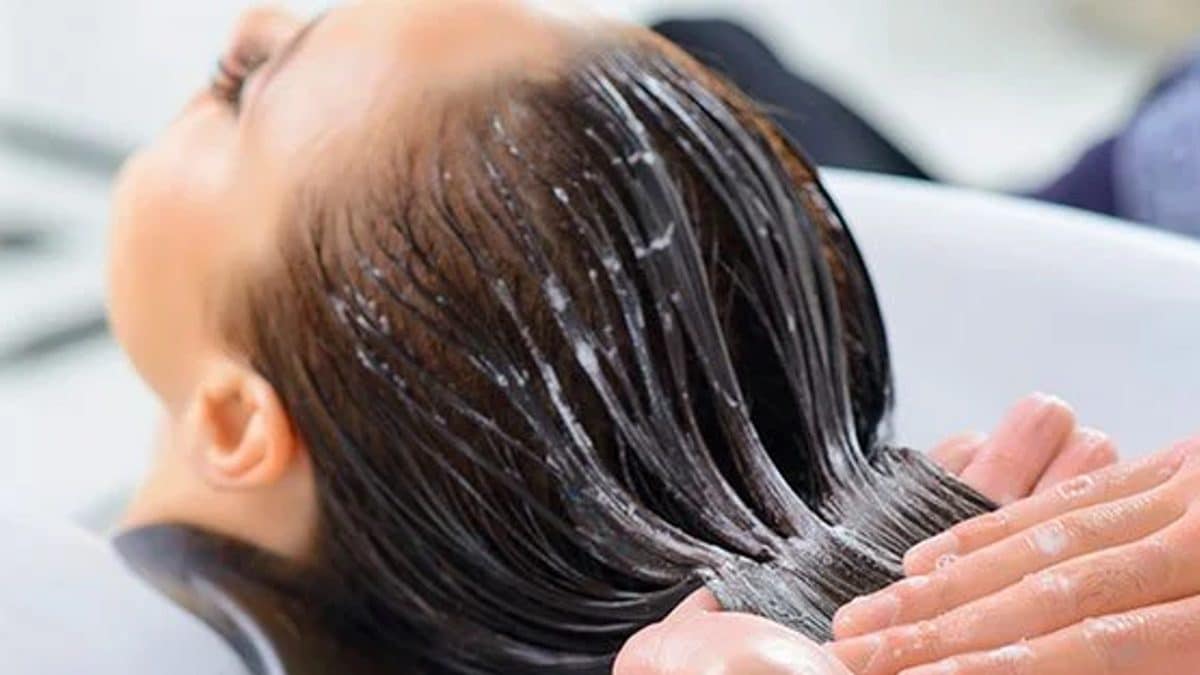As temperatures rise, it is important for sun seekers to stay safe and responsible outdoors.
According to the Met Office, the UK is expected to experience even warmer weather, which could reach a maximum of 30C in central London.
So what exactly are the health problems of hot weather and how can they be solved? Health experts share everything you need to know.
Dehydration
For Kiran Jones, clinical pharmacist at Oxford Online Pharmacy, dehydration can occur if you are exposed to the sun for long periods.
“During a normal day, the recommended amount of fluid is between 1.5 and 2.5 liters (six or eight glasses), but when you are hot, you sweat more, so more fluid is needed to replace water loss” Jones said.
“This can cause you to feel very thirsty, tired or dizzy, or experience headaches, constipation or even nausea. Additionally, you may have dark, strong-smelling urine.
“To avoid this, maintain a steady flow of fluids throughout the day, making sure you drink the same amount of water as other beverages you consume. And try to limit alcoholic beverages whenever possible, as they can be diuretic.
“Consider adding oral rehydration sachets to your water bottle at the beginning of each day. “As they contain electrolytes such as glucose, sodium and potassium, they can help replace salts and water loss and reduce the effects of dehydration.”
If you notice a heat rash appearing, visit a pharmacist who can give you the best treatment.
Kiran Jones, Oxford Online Pharmacy
prickly heat
Excessive sweating can cause skin irritation that presents as a heat rash, known as itching.
“This usually presents as a small cluster of itchy, prickly red spots on areas such as the neck, upper chest, skin folds and armpits and on the waist or under the breasts,” Jones said.
“To prevent heat rash, try to avoid hot, humid areas, stay hydrated, keep the affected area dry, and opt for loose-fitting cotton clothing to avoid overheating or skin irritation from rough fabrics.
“If you notice a heat rash appearing, visit a pharmacist who can give you the best treatment. Recommended products include antihistamine tablets, hydrocortisone cream (not for young children), and calamine lotion.
“If your rash does not improve after a few days, visit your GP for further medical advice.”
Heatstroke
Heat stroke can develop within a few hours and is caused by excessive physical exertion in hot and humid conditions.
“It occurs when the body cannot cool down and things like drinking alcohol, being dehydrated, taking medications that affect the body's ability to regulate temperature (sedatives, diuretics, tranquilizers, and heart and blood pressure medications), being obese, or having an illness or medical condition like cystic fibrosis or heart problems can put you at higher risk,” Jones said.
“Symptoms to look out for include delirium, weakness, dizziness, hot, red and pale skin, nausea and vomiting, among others.
“This can be extremely dangerous if not treated immediately and can lead to inflammation of the brain, kidney failure, liver failure, metabolic dysfunction, nerve damage or reduced blood flow to the heart.
“So to avoid this, try to avoid moving around and doing too much, make sure you consume plenty of water or sports drinks, find shady areas where possible and opt for light clothing and a hat.
“If you think you or your friends might be experiencing any symptoms, seek medical attention immediately. While waiting for help, apply ice packs to their neck, groin, and armpits, soak them in cold water, encourage them to drink water, and monitor their breathing.
“Aspirin and acetaminophen should not be taken in heatstroke, as they can disrupt the change in the hypothalamic set point caused by pyrogens.”
Hypertension
According to Jones, high temperatures and humidity can be a bad combination for anyone suffering from high blood pressure, as hot weather causes the heart to beat faster, circulating twice as much blood through the body.
“In addition, some blood pressure medications, such as beta blockers and diuretics, can affect the body's ability to stay hydrated or respond to high temperatures,” he said.
“Anyone with a history of high blood pressure should drink plenty of fluids to stay hydrated and stay out of the sun whenever possible in a cool environment, and wear a hat if venturing outdoors.
“They should also monitor their blood pressure periodically during the heat wave. If you are tall or experience any worrying symptoms such as extreme tiredness or confusion, rapid pulse, excessive sweating, headaches, swelling of the arms and legs, or nausea, you should seek urgent emergency medical attention.”
Kidney damage
Carolina Goncalves, Pharmica's pharmaceutical superintendent, added that kidney damage in hot weather can result from a combination of dehydration and prolonged exposure to high temperatures, which can lead to reduced blood flow to the kidneys and subsequent kidney stress or injury.
“During periods of intense heat, the body sweats a lot to cool itself, losing not only water but also essential electrolytes. This large loss of fluid, if not replaced properly, can decrease blood volume, forcing the kidneys to work harder to concentrate urine and conserve water. Consequently, this elevated tension can affect kidney function and increase the risk of developing kidney stones or acute kidney injury,” he said.
“To mitigate the risk of kidney damage in hot climates, it is essential to maintain hydration by consuming sufficient amounts of water throughout the day.
“In addition, wearing light, breathable clothing and taking regular breaks in shaded or air-conditioned environments can help regulate body temperature and reduce kidney stress.”
As the body sweats heavily at high temperatures, it loses a significant volume of fluid.
Carolina Gonçalves, Pharmacist
Migraines
Warm weather induces a physiological response known as vasodilation, in which blood vessels dilate, increasing blood flow throughout the body, including the brain.
“This increase in cerebral blood flow can activate specific pain receptors, which could trigger migraines. The likelihood of this occurring is further increased by the dehydration common on hot days,” Gonçalves said.
“As the body sweats heavily at high temperatures, it loses a significant volume of fluid, causing a decrease in blood volume. This reduction can temporarily affect the supply of oxygenated blood to the brain, thereby exacerbating migraine symptoms.
“Migraines are most effectively controlled using a class of medications known as triptans. This group includes sumatriptan, rizatriptan and zolmitriptan, among others. “These medications are specifically designed to combat migraine symptoms by constricting blood vessels and blocking pain pathways in the brain.”












